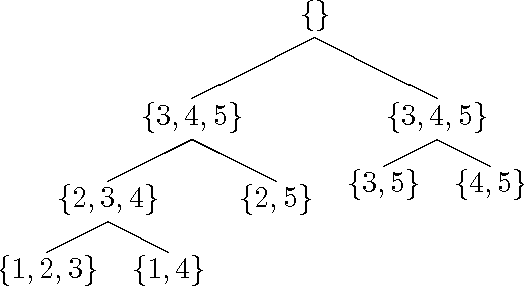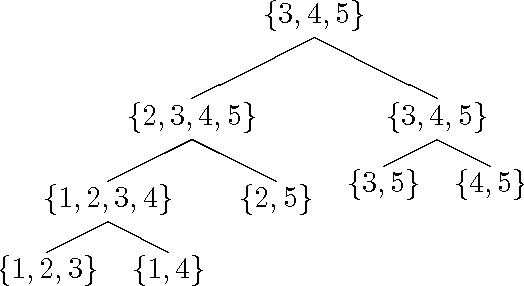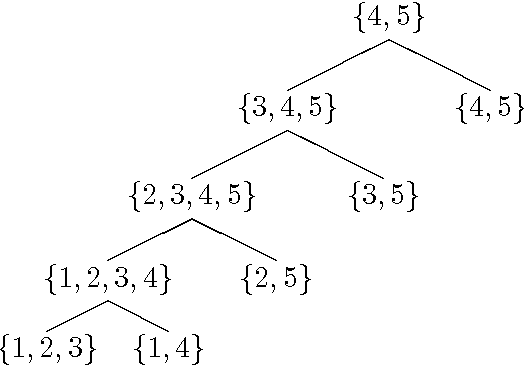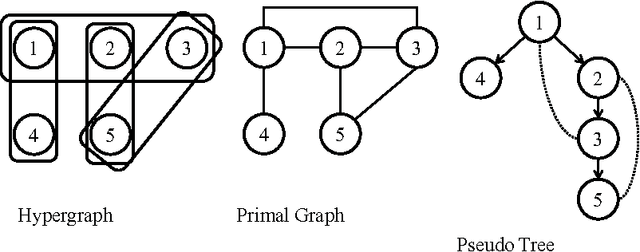Shannon Dalmao
Solving #SAT and Bayesian Inference with Backtracking Search
Jan 15, 2014



Abstract:Inference in Bayes Nets (BAYES) is an important problem with numerous applications in probabilistic reasoning. Counting the number of satisfying assignments of a propositional formula (#SAT) is a closely related problem of fundamental theoretical importance. Both these problems, and others, are members of the class of sum-of-products (SUMPROD) problems. In this paper we show that standard backtracking search when augmented with a simple memoization scheme (caching) can solve any sum-of-products problem with time complexity that is at least as good any other state-of-the-art exact algorithm, and that it can also achieve the best known time-space tradeoff. Furthermore, backtracking's ability to utilize more flexible variable orderings allows us to prove that it can achieve an exponential speedup over other standard algorithms for SUMPROD on some instances. The ideas presented here have been utilized in a number of solvers that have been applied to various types of sum-of-product problems. These system's have exploited the fact that backtracking can naturally exploit more of the problem's structure to achieve improved performance on a range of probleminstances. Empirical evidence of this performance gain has appeared in published works describing these solvers, and we provide references to these works.
Value Elimination: Bayesian Inference via Backtracking Search
Oct 19, 2012
Abstract:Backtracking search is a powerful algorithmic paradigm that can be used to solve many problems. It is in a certain sense the dual of variable elimination; but on many problems, e.g., SAT, it is vastly superior to variable elimination in practice. Motivated by this we investigate the application of backtracking search to the problem of Bayesian inference (Bayes). We show that natural generalizations of known techniques allow backtracking search to achieve performance guarantees similar to standard algorithms for Bayes, and that there exist problems on which backtracking can in fact do much better. We also demonstrate that these ideas can be applied to implement a Bayesian inference engine whose performance is competitive with standard algorithms. Since backtracking search can very naturally take advantage of context specific structure, the potential exists for performance superior to standard algorithms on many problems.
 Add to Chrome
Add to Chrome Add to Firefox
Add to Firefox Add to Edge
Add to Edge